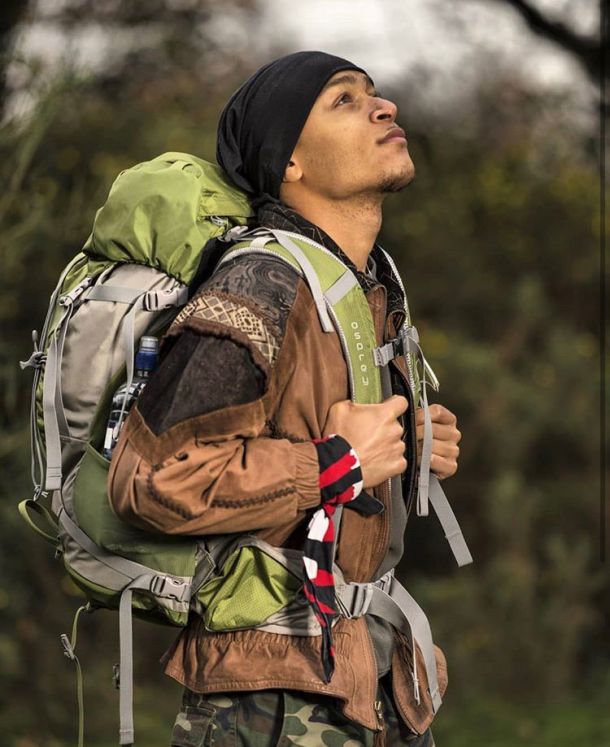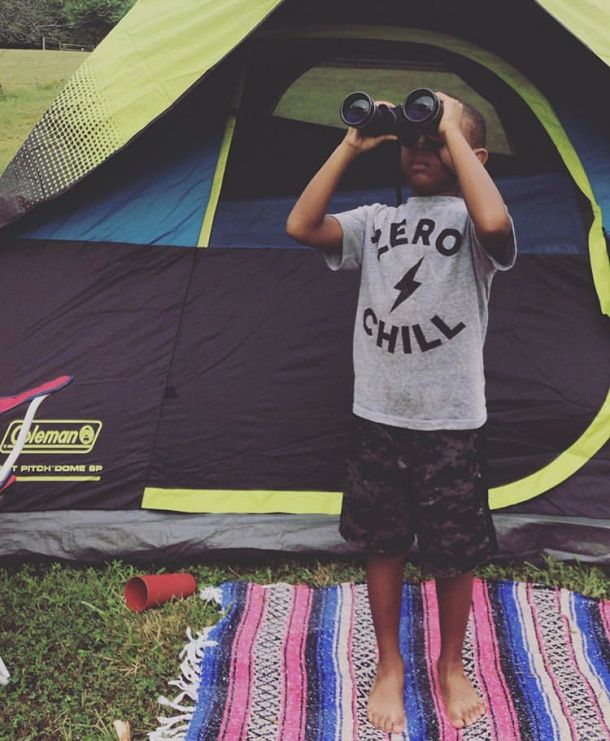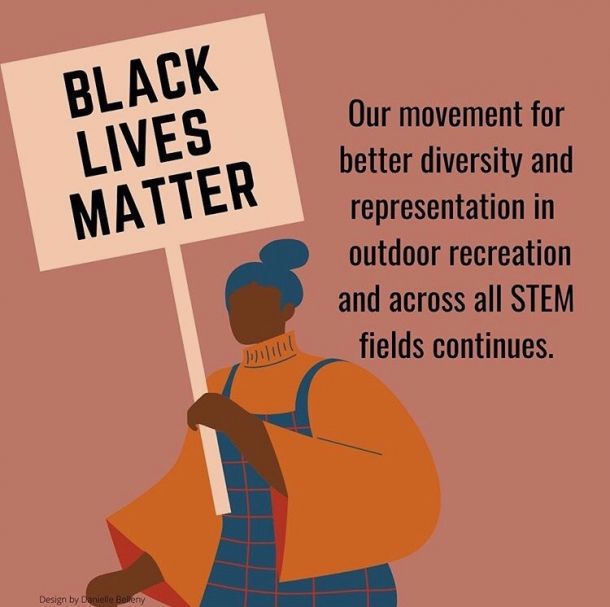Last week, Black researchers and avian enthusiasts flocked to social media to participate in the first ever Black Birders Week (May 31-June 5). “Growing up, there weren’t many outlets showing diversity, so I was only able to be inspired by white conservationists and naturalists,” said Tolga Aktas, a conservation biologist based in the UK. “The Black Birders Week movement allowed me to see that there are many Black wildlife heroes out there. It reassures me that everybody can make a difference towards our planet.”

Black Birders Week has united environmental professionals across the globe. In this photo, Tolga Aktas is exploring the ancient woodland of Epping Forest. Credit: Daniel Duna
The inaugural event was organized in direct response to the racist confrontation Christian Cooper – a Black man who has been bird-watching since the 1980s —experienced while out birding in New York’s Central Park. Since Memorial Day, the video Cooper recorded of a white woman making a false report to authorities that he was “threatening her life” has received international attention, with over 40 million views on Twitter, and orchestrated a discourse in the United States about the history of false allegations made against Black people to the police. It has also fostered discussions about the hazards Black people face when working in, or simply enjoying the great outdoors. Amidst the anger, hurt and frustration that the encounter has caused, it has also galvanized support for the very first Black Birders Week.
Organized by the grassroots group Black AF in STEM, the initiative has united Black professionals working across science, technology, engineering and math (STEM) disciplines, and amassed over 40 thousand social media followers. The core message of Black Birders Week has been to amplify and encourage more participation and diversity within the outdoor and environmental spaces.
The organizing team behind Black Birders Week seeks to foster important discussions and normalize being black in nature. “People fear what they do not know,” the group shared on social media. “We want this to change, being Black in nature is not a crime and we do not want to be considered suspicious just for being in these spaces, recent events have highlighted the harm that can be done when this happens.” The team said that the timing of Black Birders Week coinciding with the protests surrounding Black Lives Matter is proof that the fight for justice for Black lives is ongoing, and the time for change is now.

Maya Alexander participated in Black Birders Week and shared this photo of her cousin Xavier. “I see you, I love you, I BELIEVE in you,” Alexander wrote. “Don’t ever forget that you deserve to be in all the spaces you show up to.” Credit: Maya Alexander.
Due to the overwhelming response to the week long initiative, the National Wildlife Federation has publically pledged to expand its Conservation Fellowship & Internship Programs to create opportunities dedicated specifically for young biologists of color, and to help more students and recent graduates launch careers in conservation.
With thousands of new followers and supporters around the globe, what is next for the Black AF in STEM movement?
For this group of young Black naturalists and scientists working across the STEM spectrum, it is not enough for companies to say they are against racism. Black AF in STEM is challenging leaders across all STEM fields and within the outdoor industry to show the Black community that they truly value them by taking action.
To many Americans, the nation’s parks and wild spaces offer a tranquil escape to be enjoyed by all. However, the reality is that many of these spaces are only enjoyed by a fraction of the population. Black Americans make up less than two percent of all visitors to National forests, wildlife refuges and parks, while white visitors comprise 95 percent of all visitors, according to data from the US Forest Service, National Park Service and Fish and Wildlife Service. This lack of diversity extends into the workforce, according to Dorceta Taylor, an environmental sociologist at the University of Michigan.
In 2014, Taylor authored a landmark study, which revealed a striking lack of racial diversity within major U.S. environmental organizations and government agencies. Of the environmental organizations surveyed, 88 percent of staff and 95 percent of board members were white. Following this study, Taylor continued to examine the status of diversity in American environmental nonprofits. In a 2018 study, she found that fewer organizations were willing to report their diversity statistics, and of the organizations that did reveal data, the percentage of people of color on staff and in board member positions continued to be low.
“We have had an amazing response to Black Birders Week but we need to carry on this momentum when the week is over,” Rhiannon Kirton wrote on behalf of Black AF in STEM. “Black people need to see others like them in these spaces. Leaders in the industry need to stand behind us and show that representation matters.”

Call to action from Black AF in STEM
Black AF in STEM is encouraging their followers to continue the conversation, support Black scientists, businesses, and media. “The time for action is now, it is our hope that the political pressure brought on by the protests since the deaths of Ahmaud Arbery, George Floyd and Breonna Taylor, and the conversations we have had here with you, have stoked a fire that will not go out anytime soon and allow us to bring real change to Black communities everywhere both inside and outside of STEM.”
Over the next weeks, NATURE will be interviewing the powerful individuals who participated in the Black Birders Week initiative. Through a series of intimate interviews, we look forward to introducing you to these amazing STEM professionals, showcasing their work, passion for the outdoors and the important changes they would like to see moving forward.
